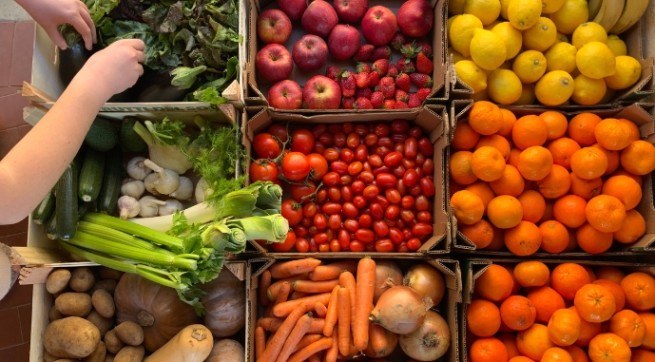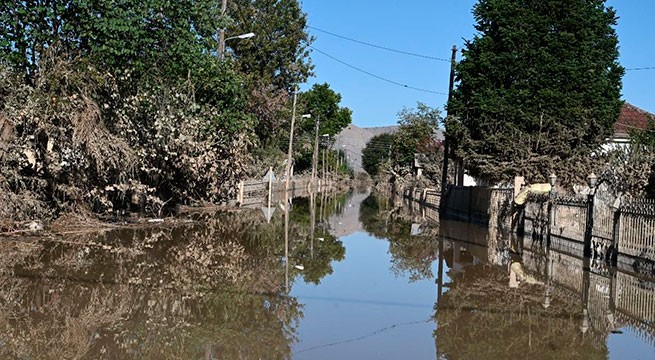Deputy Minister of Health of Greece Irini Agapidaki has sounded the alarm about the health situation in areas flooded by Cyclone Daniel, as cases of leptospirosis, gastroenteritis and pulmonary infections are recorded almost daily, flood water remains stagnant, and the carcasses of thousands of animals have not yet been completely removed. por.
It is reported that in this area confirmed three cases leptospirosis. It is a bacterial disease that affects humans and animals and is transmitted through the urine of infected animals, predominantly rodents, with new cases of gastroenteritis and pulmonary infections being reported daily. Recorded last week two cases of salmonella.
Speaking to state television ERTAgapidaki once again emphasized that citizens and residents of these areas should, if possible, avoid contact with stagnant water and dirt, since “there is a risk of contracting leptospirosis, which often manifests itself, as doctors tell us, with mild symptoms.”
As for the water, according to her, monitoring of it continues as usual.
“To date, more than a thousand samples have been taken with local water and sewer companies. We are providing instructions to citizens. You will see that in the updates we make at regular intervals, we provide information on where the water is suitable and where it is not suitable.” .
“Bottled water is distributed every day and this is very visible. Tons of bottled water have been distributed to local residents. The supply of areas where water is unusable continues and you can see this process every day in coordination with the region. Trucks arrive with bottled water, which “she noted.
In connection with a new wave of bad weather, which is expected to hit Thessaly in next 24-48 hoursDeputy Minister of Health said: “We have a situation where, while a thousand and two difficulties are being restored in Thessaly, new bad weather is approaching, which can aggravate existing wounds, and here we are operating on different levels.”
Irini Agapidaki noted that projects are already being implemented aimed at preventing re-flooding of high-risk areas, according to the assessment of the civil defense service.
“Currently, work is underway to collect animal carcasses, and this is very important, since with new bad weather this problem will worsen,” she noted.
According to her, at least more than 50% [тысяч] dead animals have already been collected, especially from large points, “and now efforts are being directed to villages – to various places where animal carcasses are scattered.”
At the same time, she added, “There are teams that collect household property, because only by being on the spot can you understand the scale of the destruction.”
“In many places, only the walls of the houses remain. Everything that was used as household utensils is mixed with dirt, often with animal corpses. The amount of work in all these villages is enormous, and therefore the elimination of the consequences takes many days,” – she emphasized.







More Stories
Black swan in the Evros river delta
The weather will turn bad on Good Friday
Crete "shaking" – two earthquakes this morning